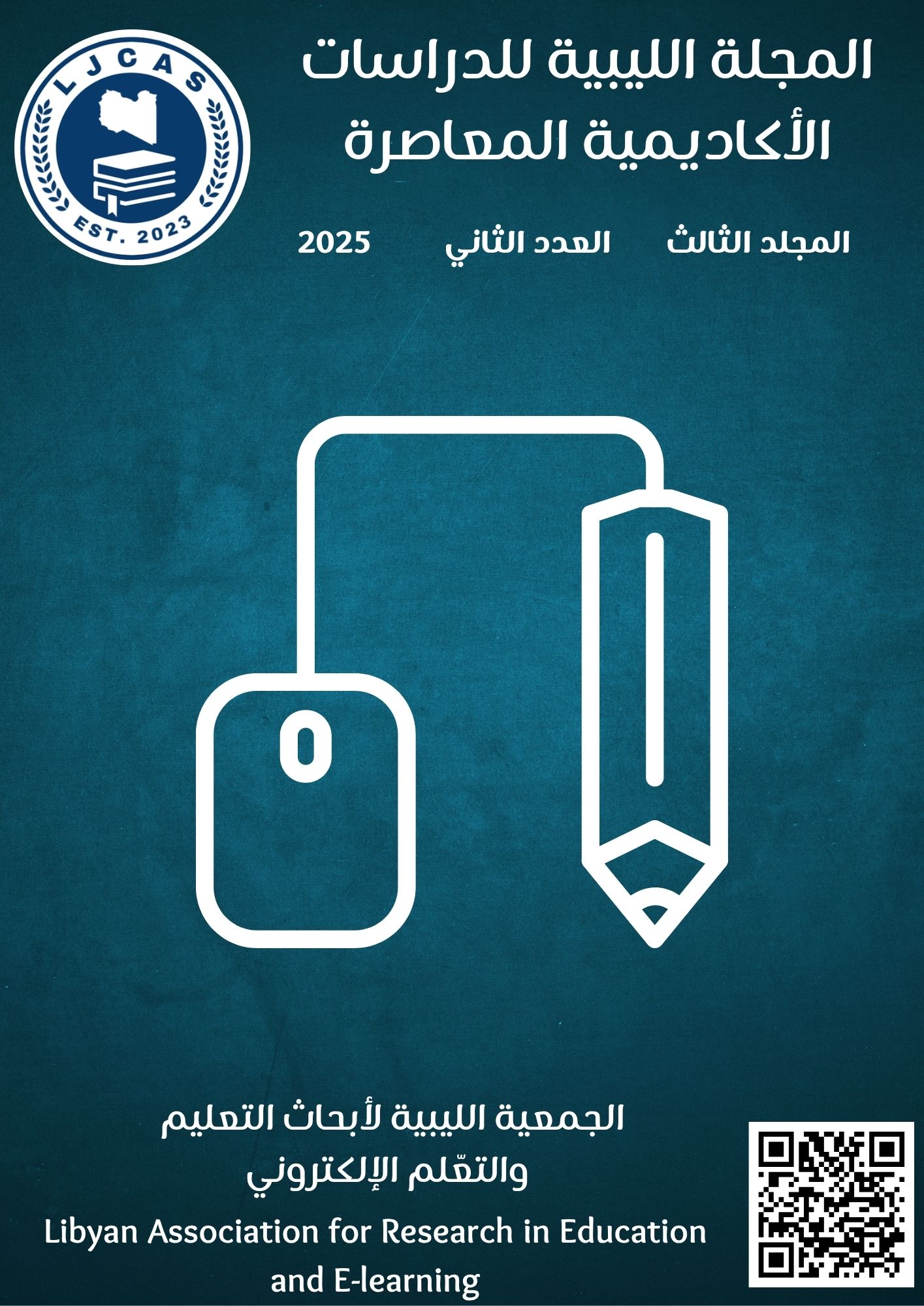The role of classroom tests in the assessment of students’ learning: Intended objectives and potential defects
Keywords:
Classroom Tests, Students' Learning Assessment, Intended Learning Objectives, Potential DefectsAbstract
The purpose of this study is to determine and explain the role of classroom tests in the assessment of students’ learning, focusing on their intended objectives and the potential defects they may present. Classroom tests are commonly employed to evaluate students’ understanding of course material, provide feedback to both learners and instructors, and inform instructional decisions. However, despite their widespread use, classroom tests may suffer from limitations such as bias, lack of alignment with learning objectives, and negative washback effects. This paper adopts a descriptive methodology and draws upon existing literature to examine how classroom tests function within the broader framework of educational assessment. The study highlights the importance of designing valid, reliable, and fair tests that genuinely reflect students’ learning outcomes, while also recognizing and addressing the inherent flaws in traditional assessment practices.
The study concludes with recommendations for diversifying assessment formats, enhancing feedback practices, improving assessment literacy, and fostering more inclusive and meaningful testing environments. These insights aim to inform teachers and policymakers seeking to improve the validity and fairness of classroom-based assessment practices.







